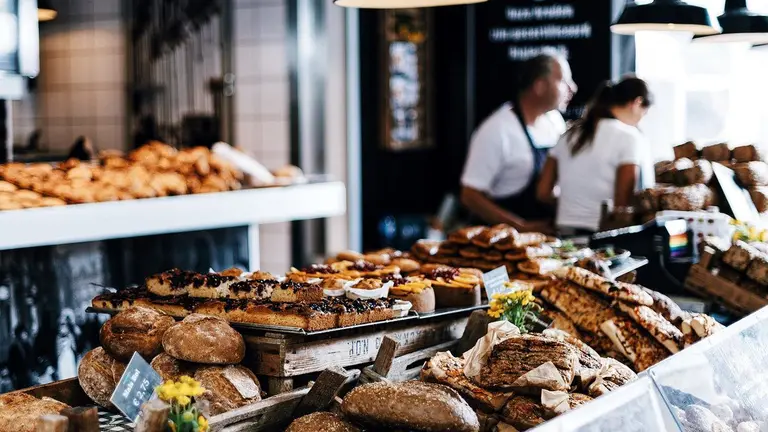Finns will not be allowed to party until dawn in bars and pubs in their Midsummer celebration, as many expected.
The government announced Wednesday evening that some coronavirus restrictions concerning bars, pubs and restaurants will be lifted from Monday 22 June. Thus, the changes will not take effect in time for one of the most anticipated festivals of the year.
"The disease situation appears to be calm, there are few new (coronavirus) cases per day, and few people in hospital care," Prime Minister Sanna Marin told reporters after discussing with cabinet members the relaxation of restrictions regarding restaurants, hospitals and public events.
Later, at a press conference, Minister of Family Affairs and Social Services Krista Kiuru said that as of Monday 22 June, pubs and restaurants will be allowed to remain open between 4:00 and 2:00. However, the sale of alcoholic beverages will only be permitted from 9:00 to 1:00.
Buffets allowed again
The restaurants will be able to serve up to three quarters (75%) of their normal capacity indoors (since early June, they could only serve half) provided that each customer will have a seat. Another major change is that food buffets, which are the main source of daily income for many food outlets, will be allowed again.
Restaurants must arrange their indoor and outdoor service to ensure that customers are not exposed to the spread of the virus. More specifically, government requires them to guarantee that no unnecessary congestion occurs on their premises.
Customers must have also the possibility to wash or disinfect hands upon arrival at the premises. Instructions on safety measures, for example how to carry out hand hygiene and maintain the social distance must be visible in the establishments.
Public events and hospitals
The Government states that, unless adverse conditions advise against it, events for more than 500 people may be allowed indoors and outdoors as of 1 August. All restrictions on public gatherings would be lifted from 1 October if the epidemic situation continues to improve.
The recommendation against visitors in hospital has also been lifted in both primary health care and specialist care.
The elderly and other at-risk clients in 24-hour care units must be given the opportunity to meet their loved ones safely. The directors of individual wards may limit visits when they believe that it puts the safety of patients at risk.
The recommendation to avoid visits does not apply to persons who provide essential services to the patient, such as rehabilitation workers or personal assistants.













